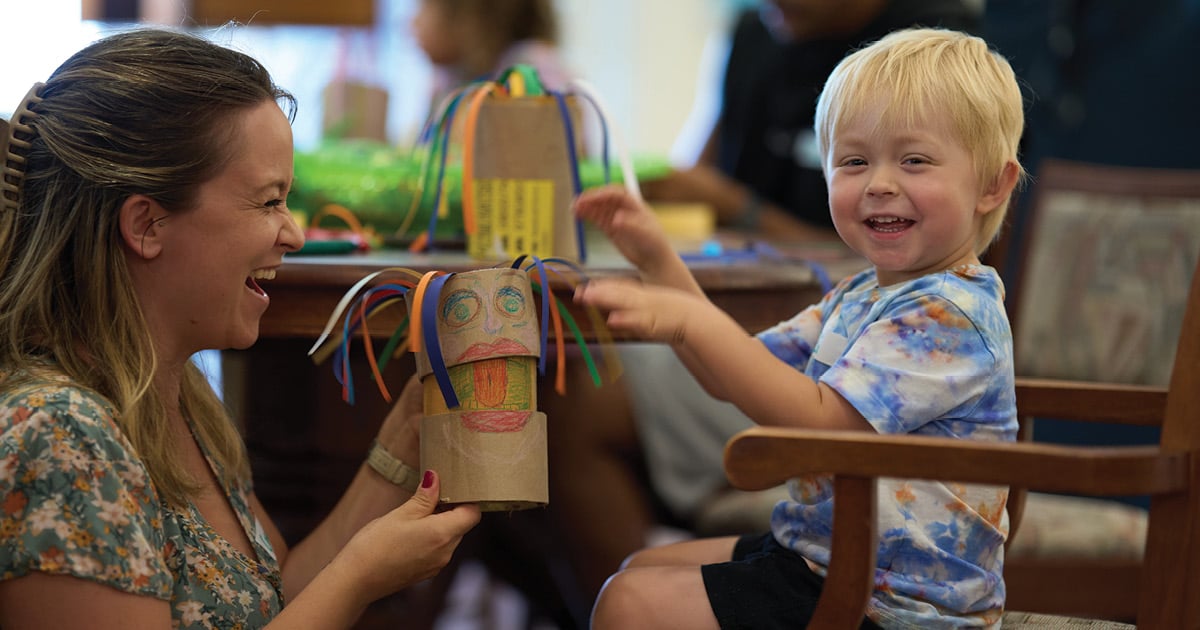Search
Showing results for "mental health aboriginal"
Research
Influenza vaccination in Western Australian children: an economic evaluation to inform future state and national programsChristopher Hannah Peter Peter Blyth Moore Jacoby Richmond MBBS (Hons) DCH FRACP FRCPA PhD OAM BSc (Hons) GradDipClinEpi PhD BA (Hons) MSc MBBS MRCP(

When author Maurice Sendak first sketched out the story of a rambunctious little boy sent to his room without supper, there’s no way he could have known his rollercoaster tale of childhood imagination would still be speaking to the hearts of wild young things more than six decades on.
Research
START: Towards a diagnostic test for rheumatic feverIn this study we will use new methods to comprehensively test immune responses in blood samples from people with ARF (diagnosed using the Jones Criteria) and healthy volunteers at Royal Darwin and from Auckland Hospital, New Zealand, to find any unique signature that reliably identifies ARF.
Research
Educational Outcomes of Children in Contact with the Child Protection System: A Longitudinal Population StudyMelissa Fiona Helen O'Donnell Stanley Leonard BPsych (Hons), MPsych, GradDip Ed, PhD FAA FASSA MSc MD FFPHM FAFPHM FRACP FRANZCOG HonDSc HonDUniv
Research
Comorbidities and quality of life in children with intellectual disabilityMany children with intellectual disability live with medical comorbidities. This study examined the impacts of comorbidities on quality of life (QOL) of children with intellectual disabilities and whether impacts varied with caregiver perceptions that medical needs had been met.
Research
Determinants of sleep problems in children with intellectual disabilityChildren with intellectual disabilities are more likely to experience sleep disorders of insomnia, excessive daytime sleepiness and sleep breathing disorders than typically developing children. The present study examined risk factors for these sleep disorders in 447 children (aged 5-18 years), diagnosed with an intellectual disability and comorbid autism spectrum disorder, cerebral palsy, Down syndrome or Rett syndrome. Primary caregivers reported on their child's sleep using the Sleep Disturbance Scale for Children (SDSC), as well as medical comorbidities and functional abilities.
Research
Hospitalizations Following Complex Hip Surgery in Children with Intellectual Disability: A Self-Controlled Case Series AnalysisTo evaluate the associations between complex hip surgery and subsequent hospitalizations in children with intellectual disability, including a subset of children with cerebral palsy.
Research
Colostrum as a Protective Factor Against Peanut Allergy: Evidence From a Birth CohortFood allergy affects families' quality of life, can be lifelong and life-threatening, urging the identification of early modifiable risk factors. Formula feeding in the first days of life may increase the risk of cow's milk allergy, a risk often attributed to cow's milk allergens exposure. Early formula feeding also reduces the colostrum intake, the first 3 days' milk, which is rich in bioactive compounds critical for immune and gut health. This study investigates whether partial colostrum feeding increases the risk of food allergy beyond cow's milk.
Research
Metagenomic Characterisation of the Gut Microbiome and Effect of Complementary Feeding on Bifidobacterium spp. in Australian InfantsComplementary feeding induces dramatic ecological shifts in the infant gut microbiota toward more diverse compositions and functional metabolic capacities, with potential implications for immune and metabolic health. The aim of this study was to examine whether the age at which solid foods are introduced differentially affects the microbiota in predominantly breastfed infants compared with predominantly formula-fed infants.
Research
Characterising quality of life and its determinants for children with intellectual disability and their familiesAndrew Helen Jenny Peter Videos Whitehouse Watch and listen to Andrew Leonard Downs Jacoby PhD MBChB MPH BApplSci (physio) MSc PhD BA (Hons) MSc
